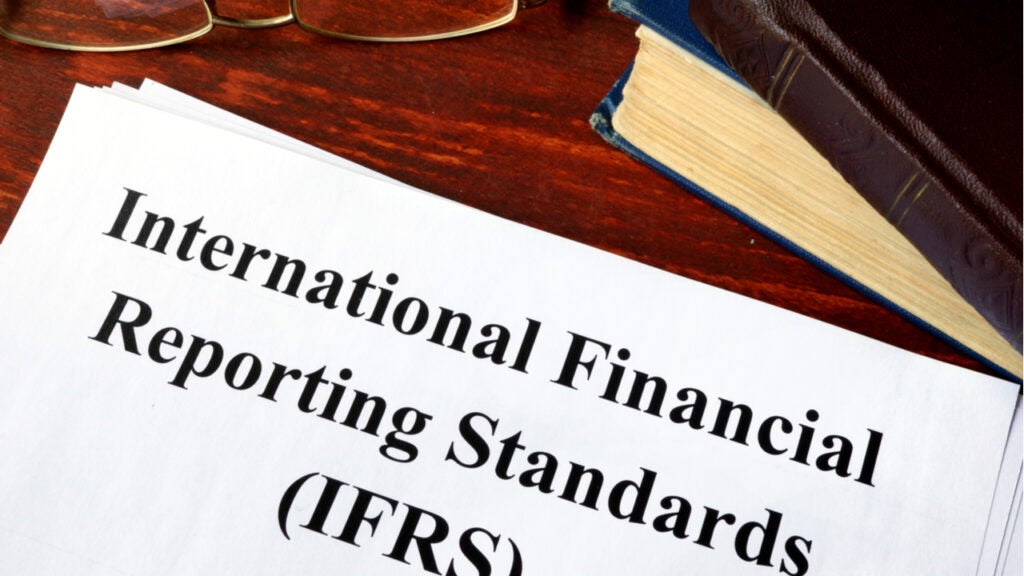EY’s global markets and global government & public sector leader Uschi Schreiber reflects on Davos and talks of how to tackle inequality globally.
The corridors of power — in worlds both corporate and political — have echoed with much comment recently about inequality and the threat it poses to political and social stability and the economy. In fact, inequality was the most prominent concern identified by the participants of the World Economic Forum in this year’s pre-Davos survey.
This clearly generated some discussion but what was interesting was who discussed this topic. Not one for the politicians present, it transpired, instead it was mainly business leaders and the Pope — a somewhat unusual alliance admittedly — who showed what appeared to be genuine interest and concern in the topic.
One could have expected that such an issue would occupy the minds of government leaders who might view inequality as an important challenge requiring systemic responses or at least as a threat to their own re-election chances. Alas, they did not seem that concerned and were almost dismissive about the issue, in particular when coming from mature market economies. Their narrative in Davos was almost entirely focused on being "open for business" and on the economy.
This indicates a significant shift since the onset of the global financial crisis. Fixated on growth, it is now government leaders who mostly talk about the economy. In contrast it seems that the big corporates and leaders of the wider business community are advocating for action on inequality and on climate change (another issue unmentioned by most government leaders). While the lack of engagement from government leaders seems somewhat disconcerting, it is encouraging to see this level of engagement in key issues that affect our collective future.
Numbers to know
I think we all recognize that a world where the rich get ever richer and the poor are left behind is not sustainable. Spain’s youth unemployment record has been well documented, for example. With 55% of its young people out of work, the impact of the country’s prolonged recession is distressingly apparent. But by no means is such worrying data limited to the borders of the Eurozone. A recent report from Oxfam International illustrated that almost half of the world’s wealth is now owned by just 1% of the population, and seven out of ten people live in countries where economic inequality has increased in the last 30 years.
How well do you really know your competitors?
Access the most comprehensive Company Profiles on the market, powered by GlobalData. Save hours of research. Gain competitive edge.

Thank you!
Your download email will arrive shortly
Not ready to buy yet? Download a free sample
We are confident about the unique quality of our Company Profiles. However, we want you to make the most beneficial decision for your business, so we offer a free sample that you can download by submitting the below form
By GlobalDataClearly there is a long term risk to the global economy and to the functioning of society if this inequality is allowed to continue or even worsen. There have to be concerns about the potential social unrest, especially in the context of youth unemployment. Take the example of the Arab Spring. Its causes have been deeply analyzed but perhaps its roots were economic, rather than political.
According to the United Nations Development Program, 50 million jobs need to be created in the region over the next decade. This means its leaders — government and business alike — have to create 50% as much employment again this decade for the unemployment level not to get worse. This translates into approximately 8.5% GDP growth, which exceeds what is currently being achieved.
It’s not all bad news
There are those, however, who say the outlook is far from universally bleak. After all, the worst of the financial crisis appears over and the global poverty rate has been halved since 1991.There are also encouraging signs in some emerging markets which have generated a growing middle class.
For example, the World Bank has estimated that China’s economic boom has lifted more than 500 million people out of poverty since 1978. Further evidence of the power of economic growth can be found in India, where the number of poor people has fallen from 407m to 269m, a reduction of 138m in seven years between 2004-05 and 2011-12.
EY releases a report next week which predicts that the number of middle class households in the emerging markets will double from under 100m today to more than 200m over the next decade. This projection has significant implications for consumption patterns and for upward mobility in those countries. This is about fairness, which is important, but it’s also about plain economics.
So, what can be done about inequality?
Firstly, access to education is essential and the benefits are proven, including in terms of improvement of an individual’s social economic status. According to the Global Partnership for Education, if all students in low income countries left school with basic reading skills, 171m people could be lifted out of poverty. This is equal to a 12% cut in global poverty. In more mature economies we need to make sure education institutions and industry work together to deliver qualifications and skills that match industry needs.
Avoiding the mismatch we see currently in parts of Europe has to be a priority.
Secondly, governments and business together need to generate "inclusive growth," which encompasses widespread job creation. To avoid the social and fiscal threats from non-inclusive growth, Governments must engage with the private sector, which, according to the World Bank, creates nine out of every ten new jobs. It’s about creating a functioning eco-system with governments setting the right conditions for business and entrepreneurship to thrive.
I head up EY’s global government and public sector center which has created a new methodology to help policy-makers harness private sector development. The framework helps federal and provincial governments, development agencies, and international economic development agencies and not-for-profit organisations to drive inclusive growth through job creation. It covers the six core elements required to increase employment opportunities, including educational and business policy reforms, infrastructure development, economic stimulus initiatives, and specific tactics to encourage entrepreneurial activity in organisations of all sizes and attract domestic and international investment.
We heard a lot at Davos about how youth unemployment was a ticking time bomb that has already led to great unrest in some parts of the world. Governments can play a key role in supporting programs to encourage and support young entrepreneurs. Ultimately, new jobs are created by high impact, high growth entrepreneurs and start-ups. Governments should be a catalyst for entrepreneurship and innovation, setting the scene for job creation and growth.
Finally, investing in women is an important strategy. In both developed and developing countries, creating opportunities for women to participate in the economy will improve their earning potential, assist families to move out of poverty and contribute to the overall economy. A multiplier effect is created because when women earn income, it is first spent on families and the home. They invest in their children’s well-being, in their children’s education and in their communities. With more and more women moving into business, Government and business leaders have a huge role to play in encouraging and facilitating their steps forward.





